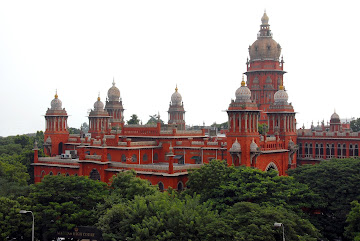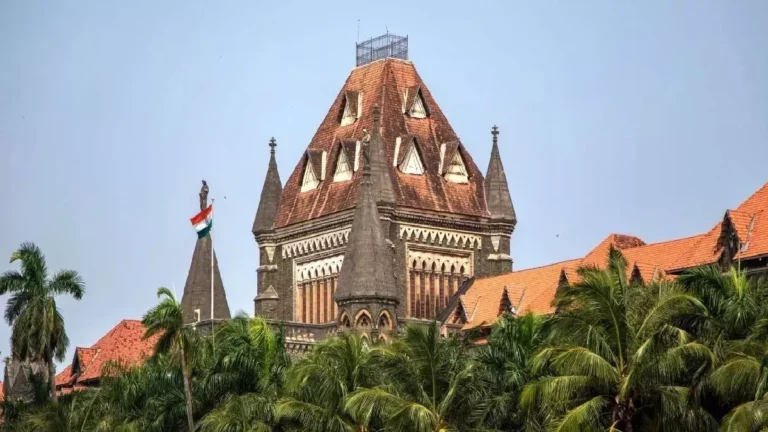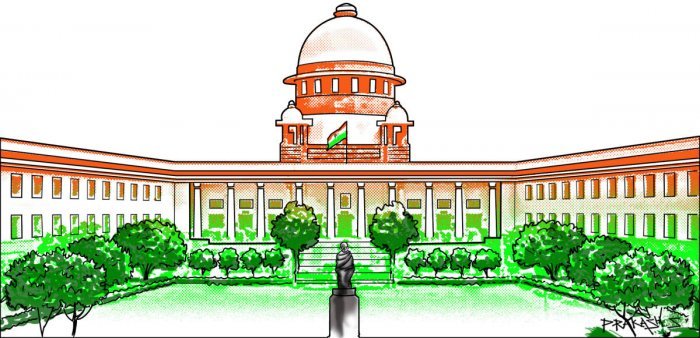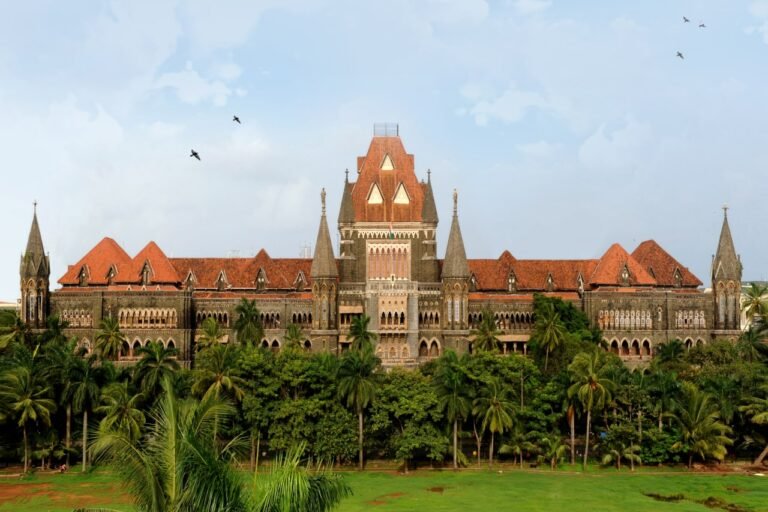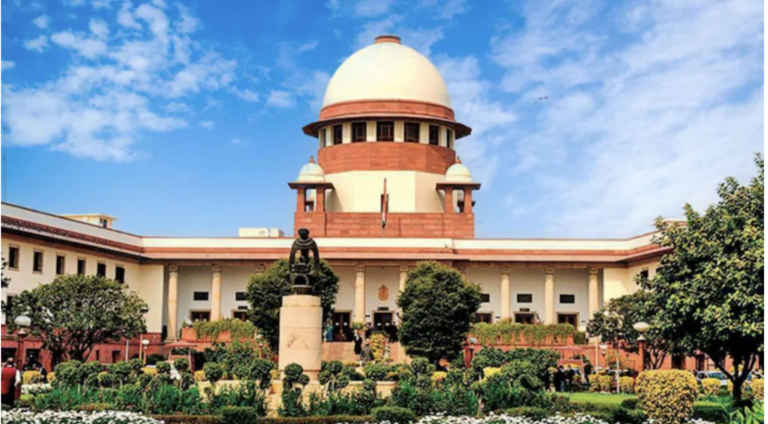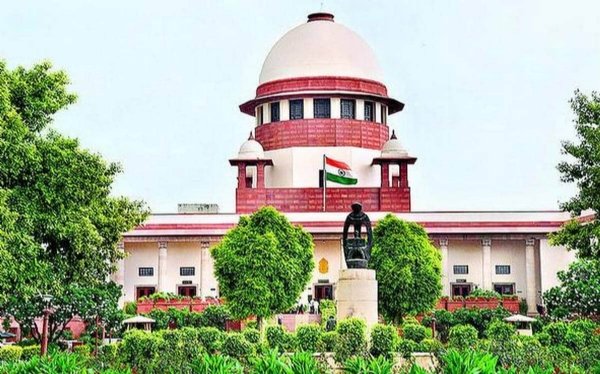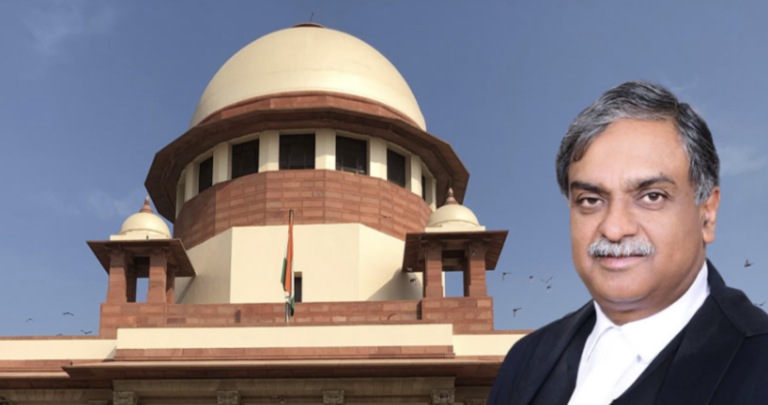Judgment of Madras High Court on vaccination is per-incuriam and in Contempt of Supreme Court decision in Common Cause’s case (2018) 5 SCC 1.
1. That the Madras High Court Judge Shri. D. Krishna Kumar in W.P. No. 3288 of 2022 between Dr. Raj Kumar & Ors. Vs. The Union of India, passed a judgment on 22.02.2022, where it is observed as under;
“10. Even though the writ petitioners are so confident being Doctors of Ayurveda, no material has been placed before this court to accept the explanation of the petitioners for not being vaccinated for the reason as stated by them. Therefore, this court is of the view that the petitioners have to seek appropriate remedy before the competent authority by satisfying the authorities with appropriate explanation for not getting vaccinated as directed by the Government. Therefore, this Court prima facie is not inclined to accept the reason given by the petitioners for non-vaccination as advised by the respondents, as there is possibility of the spread of pandemic among others, including the students and staff of the college. Therefore, this court is of the view that taking a decision contrary to the steps taken by the Government Departments to control the disease, without proper materials, is not appropriate. It is for the petitioners to produce relevant materials before the respondents to show that vaccination is not required in their case and it is for the respondents to take appropriate decision in the matter, after perusing the materials produced by the petitioners before them.”
2. The above observations are against the law laid down by the Constitution Bench of the Supreme Court in the case of Common Cause Vs. Union of India (2018) 5 SCC 1, where it is ruled as under;
“517. The entitlement of each individual to a dignified existence necessitates constitutional recognition of the principle that an individual possessed of a free and competent mental state is entitled to decide whether or not to accept medical treatment. The right of such an individual to refuse medical treatment is unconditional. Neither the law nor the Constitution compel an individual who is competent and able to take decisions, to disclose the reasons for refusing medical treatment nor is such a refusal subject to the supervisory control of an outside entity;”
169. In the context of health and medical care decisions, a person’s exercise of self-determination and autonomy involves the exercise of his right to decide whether and to what extent he/she is willing to submit himself/herself to medical procedures and treatments, choosing amongst the available alternative treatments or, for that matter, opting for no treatment at all which, as per his or her own understanding, is in consonance with his or her own individual aspirations and values.
Q. Conclusions in seriatim
202. In view of the aforesaid analysis, we record our conclusions in seriatim:
202.8. An inquiry into Common Law jurisdictions reveals that all adults with capacity to consent have the right of self-determination and autonomy. The said rights pave the way for the right to refuse medical treatment which has acclaimed universal recognition. A competent person who has come of age has the right to refuse specific treatment or all treatment or opt for an alternative treatment, even if such decision entails a risk of death. The “Emergency Principle” or the “Principle of Necessity” has to be given effect to only when it is not practicable to obtain the patient’s consent for treatment and his/her life is in danger. But where a patient has already made a valid Advance Directive which is free from reasonable doubt and specifying that he/she does not wish to be treated, then such directive has to be given effect to.
202.9. Right to life and liberty as envisaged under Article 21 of the Constitution is meaningless unless it encompasses within its sphere individual dignity. With the passage of time, this Court has expanded the spectrum of Article 21 to include within it the right to live with dignity as component of right to life and liberty.
202.12. Though the sanctity of life has to be kept on the high pedestal yet in cases of terminally ill persons or PVS patients where there is no hope for revival, priority shall be given to the Advance Directive and the right of self-determination.
202.13. In the absence of Advance Directive, the procedure provided for the said category hereinbefore shall be applicable.
202.14. When passive euthanasia as a situational palliative measure becomes applicable, the best interest of the patient shall override the State interest.
306. In addition to personal autonomy, other facets of human dignity, namely, “self-expression” and “right to determine” also support the argument that it is the choice of the patient to receive or not to receive treatment.”
3. As per Article 141 of the Constitution of India the judgments of Supreme Court are binding on all High Courts in India and also upon the Co-ordinate Benches. If any order is passed by any High Court Judge against the judgment of Supreme Court, then such judgment has no evidentry value and has no binding effects. [State of Madhya Pradesh Vs. Narmada Bachao Andolan (2011) 7 SCC 639, Mamleshwar Prasad Vs. Kanhaiya Lal (1975) 2 SCC 232]
4. Hon’ble Supreme Court in State Bank of Travancore Vs. Mathew K.C. (2018) 3 SCC 85, has ruled that the Judges are bound to apply the correct law even if it is not raised by the party and their advocates.
5. In Re M.P. Dwivedi and Ors. AIR 1996 SC 2299, the Supreme Court found the Judge guilty of Contempt of Supreme Court Judgment and observed that the Judge cannot take the defence that he don’t know the law.
6. If the High Court or any Judge intentionally and deliberately fails to follow the Supreme Court judgments, directions, Orders or requests then such Judges are liable for action under contempt.
7. Supreme Court Seven Judge Constitution Bench Judgment in Re: C.S. Karnan (2017) 7 SCC 1, sentenced High Court Judge C.S. Karnan and sent him to jail for six months. It is observed by the Supreme Court that any private person can file Contempt petition against a Judge.
8. Other case laws are:
i) Smt. Prabha Sharma Vs. Sunil Goyal (2017) 11 SCC 77.
ii) New Delhi Municipal Council Vs. M/S Prominent Hotels Ltd. 2015 SCC Online Del 11910.
iii) Spencer & Company Ltd. Vs. Vishwadarshan Distributors Pvt. Ltd. (1995) 1 SCC 259.
iv) Baradkanta Mishra Vs. Shri. Bhimsen Dixit (1973) 1 SCC 446.
v) T.N. Godavarman Thirumulpad through the Amicus Curiae Vs. Ashok Khot (2006) 5 SCC 1.
vi) Legrand (India) Pvt. Ltd. Vs. Union of India 2007 (6) Mh.L.J. 146.
